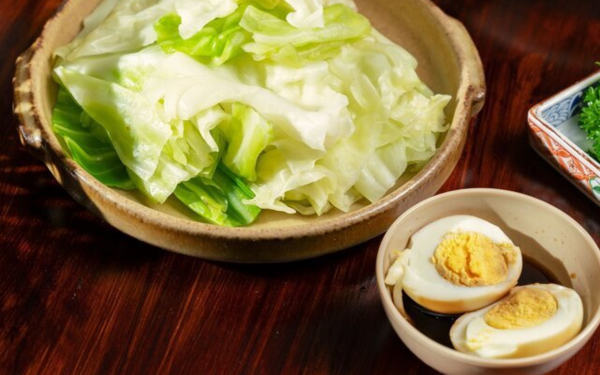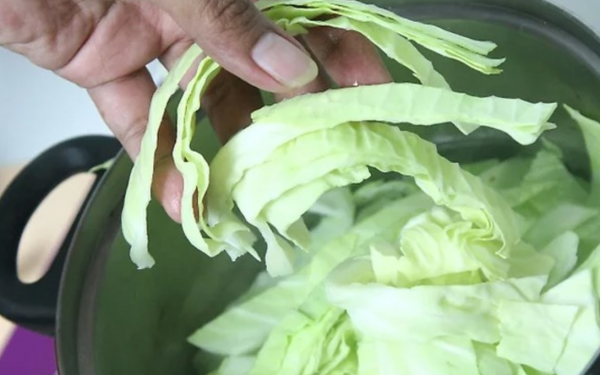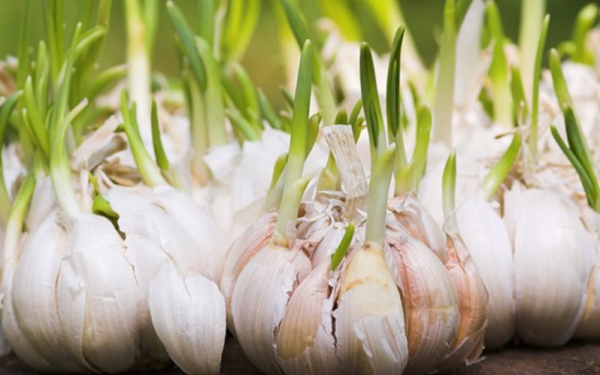Despite its nutrition, it must be consumed properly
Health benefits of cabbage
Cabbage is a familiar vegetable, with many different varieties and is sold almost all year round, but the main season is still winter. This vegetable brings many health benefits.
- Good for the heart
Cabbage is a vegetable that contains high levels of potassium, which helps maintain blood circulation and prevent blood vessel blockage. In addition, potassium is also a compound that helps regulate blood pressure.
- Good for the brain
Cabbage provides a lot of vitamin K and anthocynin, which have good effects on the nervous system, helping to increase brain concentration. These nutrients play an important role in preventing nerve damage, helping to prevent age-related memory loss.
- Good for the eyes
The beta-carotene component in cabbage has the effect of improving eye health, preventing macular degeneration and cataracts in the elderly.
- Anti-aging
The vitamin C and sulfur content in cabbage is relatively high, which helps prevent free radicals from damaging cells in the body, helping to prevent aging and prevent diseases.
- Weight loss support
Cabbage contains a lot of water and fiber, which helps create a feeling of fullness for a long time, prevents cravings, and limits snacking. In addition, it also helps prevent glucid in the body from converting into fat, causing weight gain, obesity, and fat accumulation. You can use boiled cabbage (eat both the water and the vegetables) to receive the benefits that this vegetable brings.
Foods that are incompatible with cabbage
- Cucumber
Cucumber and cabbage both have many nutritional ingredients that are beneficial for health. However, when combining these two together, it will reduce the nutritional value of both, affecting the body's absorption of vitamin C.
- Animal liver
Cooking cabbage with animal liver will reduce the nutritional value of both foods.
- Apple
Eating purple cabbage with apples also affects the body's ability to absorb nutrients.
- Mangosteen
Eating mangosteen and cabbage at the same time will increase the burden on the digestive system, hindering the body's absorption of nutrients.
People who should not eat cabbage
- People with goiter, hyperthyroidism
Cabbage is a vegetable with a relatively high content of the antioxidant glucosinolate. Under certain conditions, this substance will be broken down into isothiocyanate and thicyanate, which can cause thyroid disease.
In addition, cabbage also contains goitrin. This substance has antioxidant effects but can also cause goiter.
















